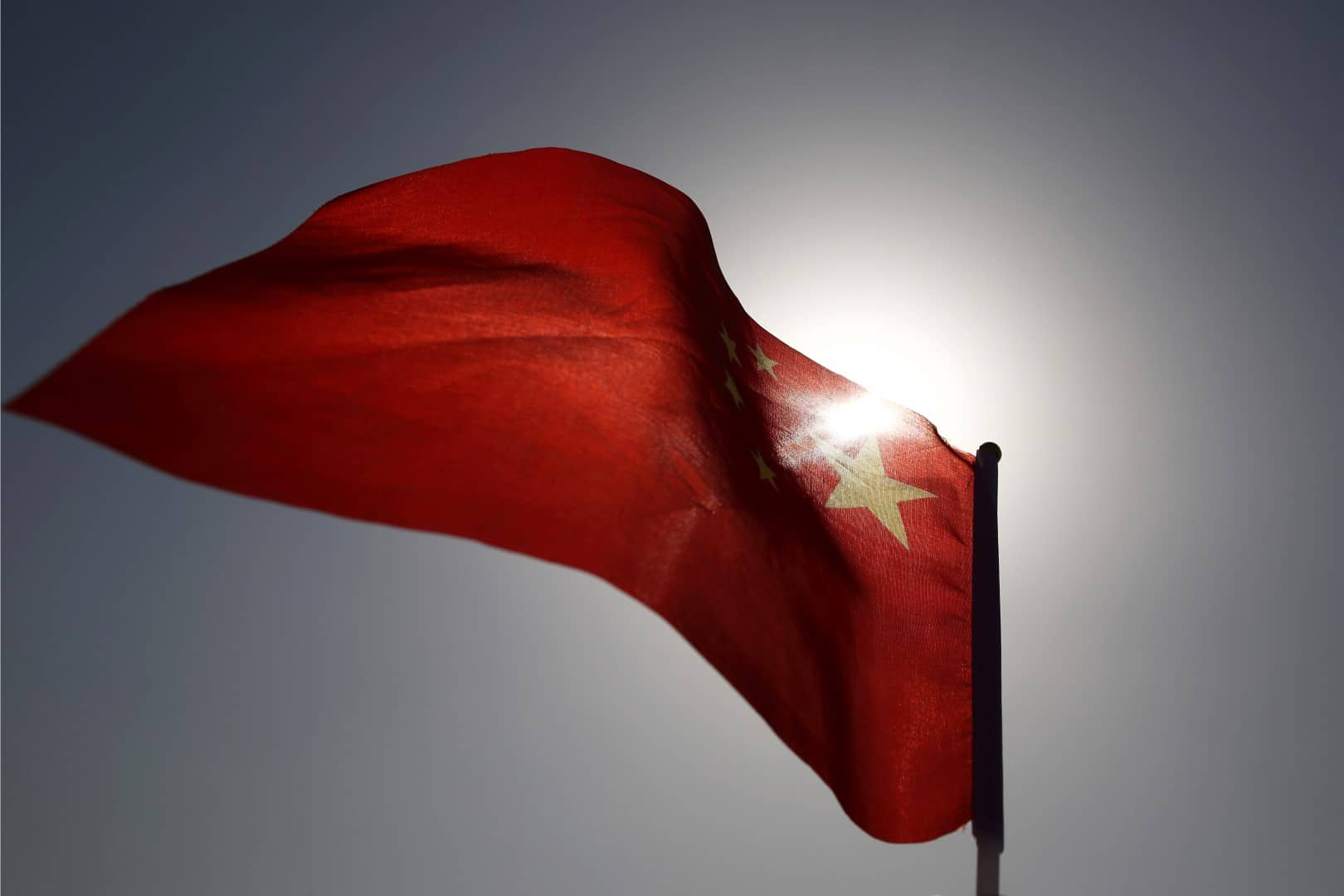China’s new regulations on cash transactions and overseas transfers just published by the People’s Bank of China have raised concerns somewhat that the government is imposing capital controls in a disguised form.
However, according to a report in Bloomberg, Ma Jun, chief economist of the central bank’s research bureau, has clarified: “It is not capital control at all. The $50,000 annual foreign exchange purchase quota for individuals is unchanged, and the rules won’t affect normal activities such as business investment and operations abroad or overseas travel and study.”
Ma’s comments follow the annual 1 January reset of the $50,000 limit for individuals, which could potentially fuel capital outflow pressures that have built up after the yuan suffered its steepest annual slump in over two decades.
The PBOC is to report cross-border customer transactions commencing 1 July as part of its efforts to curb money laundering and prevent terrorism financing whereby financial institutions will be required to report any cross-border transfers of 200,000 yuan ($28,800).
Wealthier Chinese citizens have been converting money into other currencies to protect against devaluation, resulting in downward pressure on the yuan, finishing 2016 near an eight-year low.
China’s foreign reserves fell to a five-year low of $3.05 trillion as of November. The $99 billion fall last January was the largest in 2016 and followed the last reset of the quotas. Data scheduled for release on 7 January will reveal that the hoard fell to $3.01 trillion, according to an estimate provided by Bloomberg.





Be First to Comment